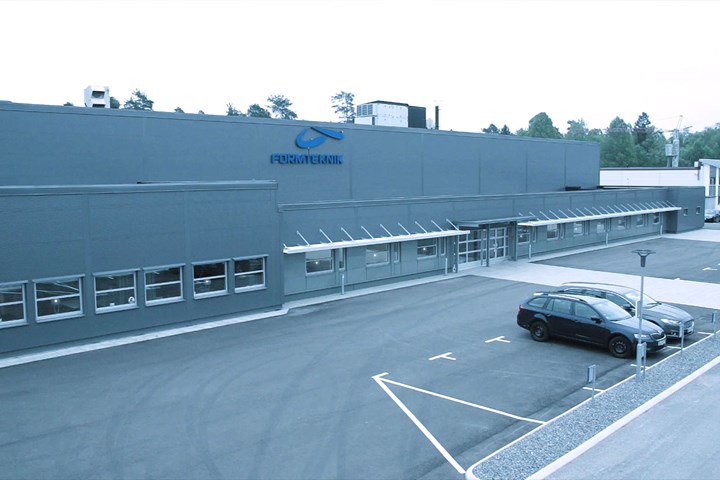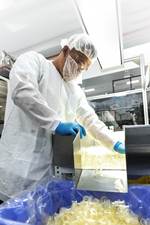MGS Acquires Formteknik
The Wisconsin-headquartered supplier of molding, molds and automation cells adds three mold making facilities in Europe—Denmark, Sweden, Germany—with the acquisition.
MGS (Germantown, Wisc.) has acquired Formteknik, a European-based tooling manufacturer founded in 1979, with operations in Roskilde, Denmark; Anderstorp, Sweden; and Dortmund, Germany. Formteknik describes its company as offering a range of services from tool development to turnkey injection molding solutions and system validation. In a release, MGS CEO Paul Manley said the addition of Formteknik allows the company to offer integrated manufacturing solutions in Europe from a single point of contact, just as it does in North America.
Formteknik has a 1900-m² (20,000-ft2) medical technology test center in Denmark. That site is ISO 13485 certified and performs DOE, validation, pilot production and transfer of turnkey cells. Validation can be done in a clean room if required. To support the buildout of new cells with new tooling, the Danish operation has a 8600-ft2 space for customer machines. Formteknik’s 4800-m² (52,000-ft²) tool shop in Sweden is ISO 9001 and ISO 14001 certified. At that location, Formteknik has a 10,700-ft2 consumer packaging test center with high-speed injection molding machines ranging from 50 to 750 tons. Here too, the company consults on the creation of complete, validated turnkey cells.
The acquisition gives MGS 1500 employees and 11 facilities globally. The company recently announced the two-phased expansion of its Wisconsin-based global headquarters to consolidate its warehousing and distribution operations, as well as expand its manufacturing footprint. Phase one of the expansion is expected to be completed in the fall of 2021. Outside of Wisconsin, MGS has facilities in Mexico (Chihuahua and Juarez) and Ireland.

Formteknik has operations in Roskilde, Denmark; Anderstorp, Sweden; and Dortmund, Germany.
Related Content
-
Understanding the Effect of Pressure Losses on Injection Molded Parts
The compressibility of plastics as a class of materials means the pressure punched into the machine control and the pressure the melt experiences at the end of fill within the mold will be very different. What does this difference mean for process consistency and part quality?
-
A Systematic Approach to Process Development
The path to a no-baby-sitting injection molding process is paved with data and can be found by following certain steps.
-
What to Look for in High-Speed Automation for Pipette Production
Automation is a must-have for molders of pipettes. Make sure your supplier provides assurances of throughput and output, manpower utilization, floor space consumption and payback period.




